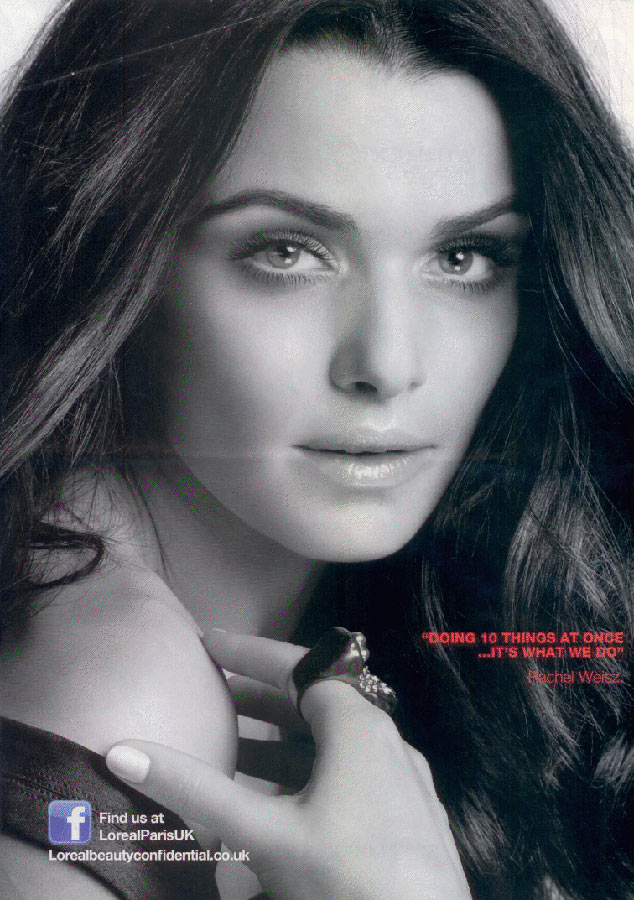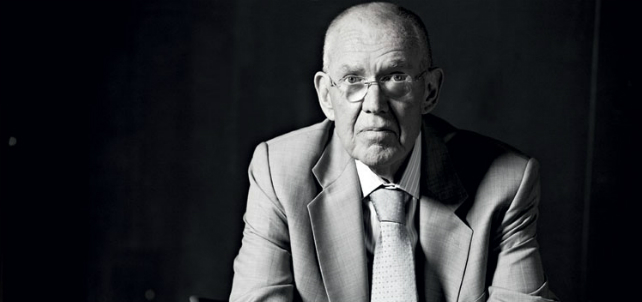Perhaps our favourite advertisements are those that have been banned, and what great media coverage they get from it all! However, it gets annoying when repeatedly we're faced with misleading adverts that are being overlooked by the everyday person- thus thriving off ignorance. Makeup could well be the greatest offender when it comes to misleading ads.
What we, as the audience, have to look for is the fine print. Some mascara adverts include in an inconspicuous area; 'Lash inserts used'. First of all, in everyday language, people have no idea what a 'lash insert' is. They're fake lashes, in layman's terms. They could comprise of strip lashes that cover the entire length of your own lashes, or individual lashes which add to the outside corner of your eye to add volume subtly. Secondly, not all adverts use this fine print as it is not expressly required by law, and it is an area we are not looking for. Our eye is being drawn to whatever the advertiser wants our attention.
Anyway, the point is- when makeup companies advertise mascara (or any kind of makeup for that matter) they use the power of ignorance to aid them. We all want that false eyelash look. For many years eyelashes have been the epitome of sex appeal, but the truth to the matter is- that look is not achieveable without fake lashes.
There have been makeup companies that have been pulled up on misleading, or deceiving their audience. A recent case of this has been Natalie Portman's adverts for Dior.
Rival company, L'Oreal, pulled Dior up on the above advert saying it "misleadingly exaggerated the likely effects of the product." However, Dior countered that the ad was 'aspirational' and that the actress had not worn false eyelashes, but her lashes had been altered in Photoshop afterwards. Ultimately the ad was banned in the UK, but not in the United States were freedom of speech overpowers reality.
On the surface, this seems to be a win for consumers, a step closer to honest advertising- hoorah! If only this wasn't a sad case pulling down the competition. L'Oreal have been pulled up on their own misleading advertising. Early in 2012 they were found to have digitally altered Rachel Weisz's complexion for an anti-wrinkle cream.
No wonder so many people struggle with self esteem issues. We're constantly being fed false information about the perfection of beauty, or even that there is one true answer to becoming perfect.







